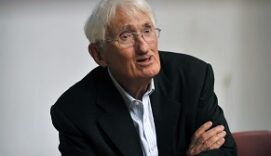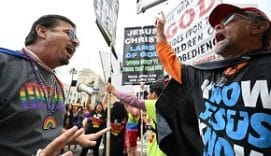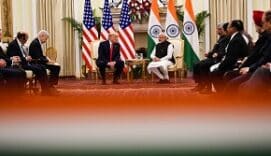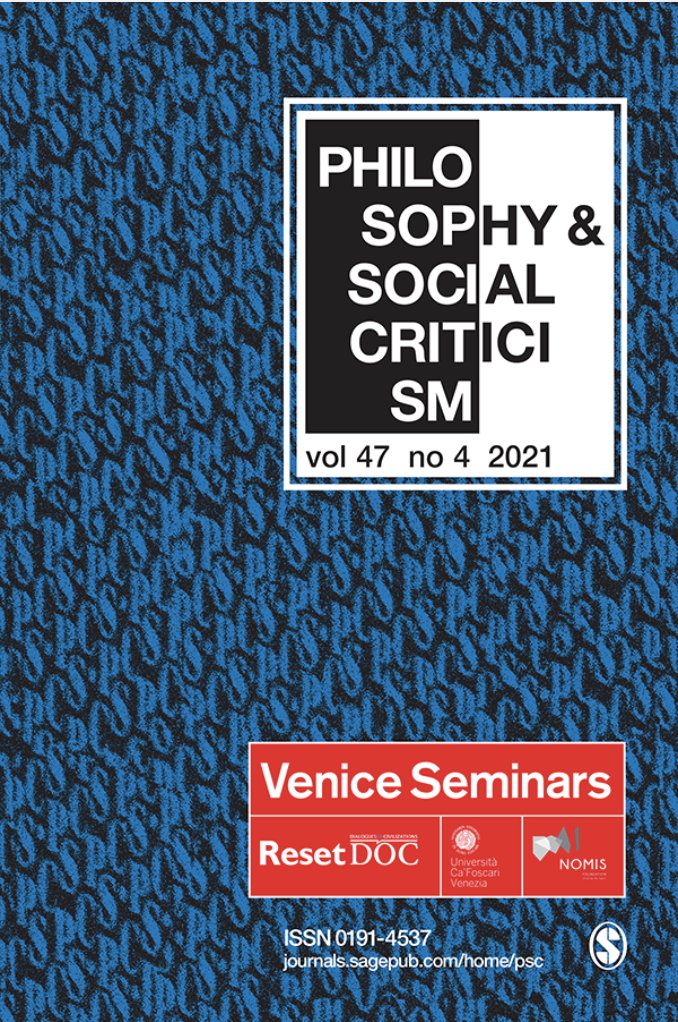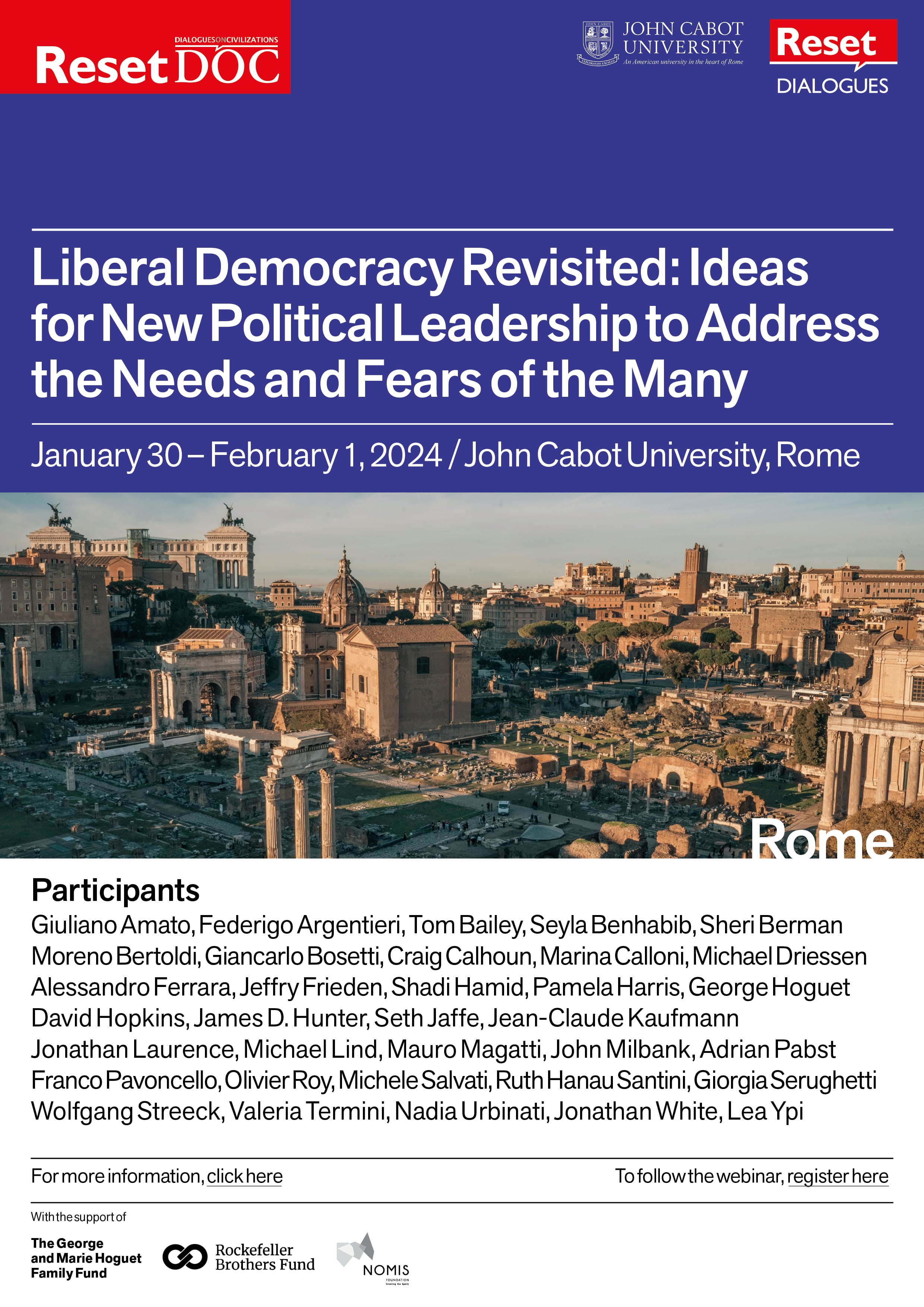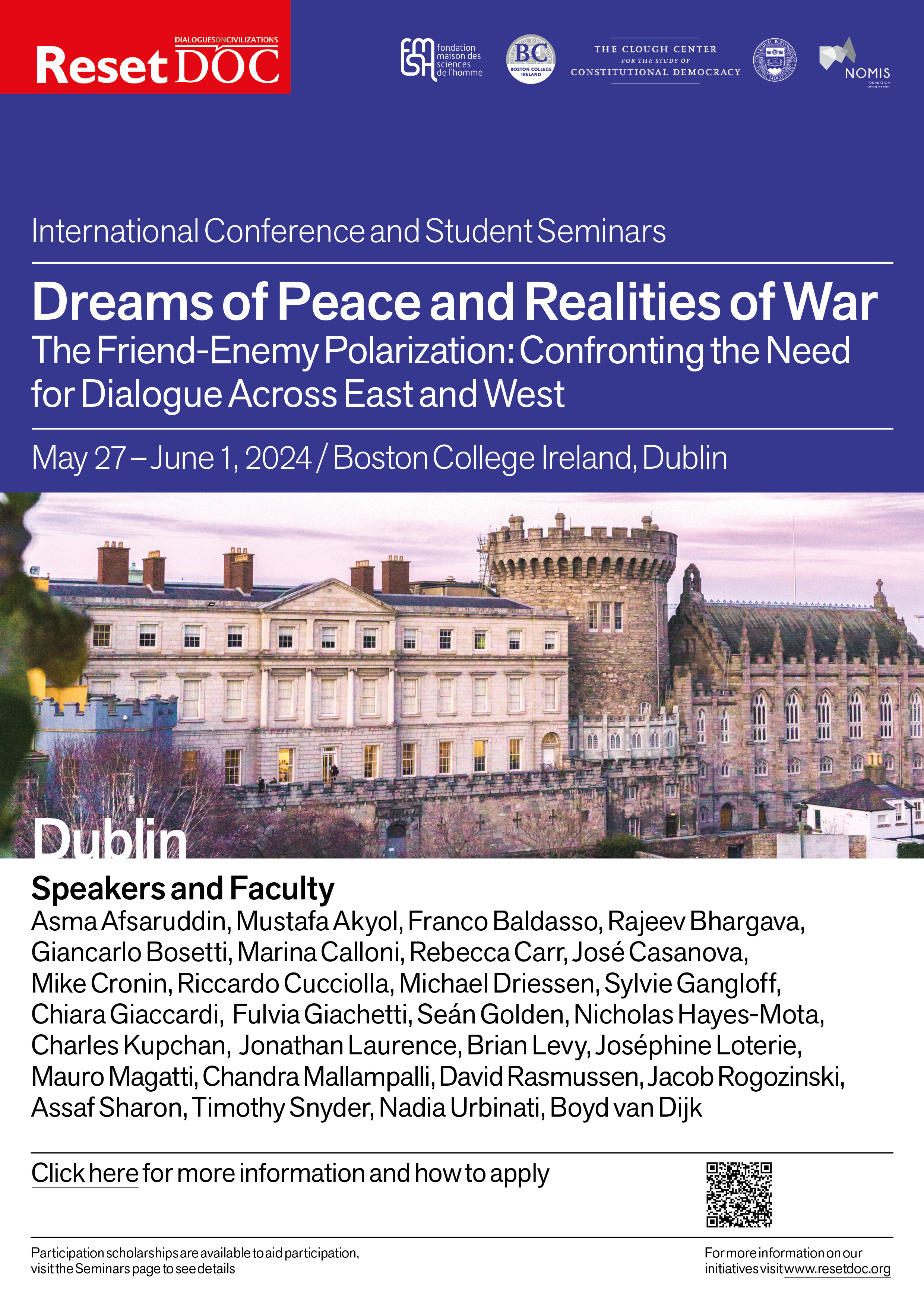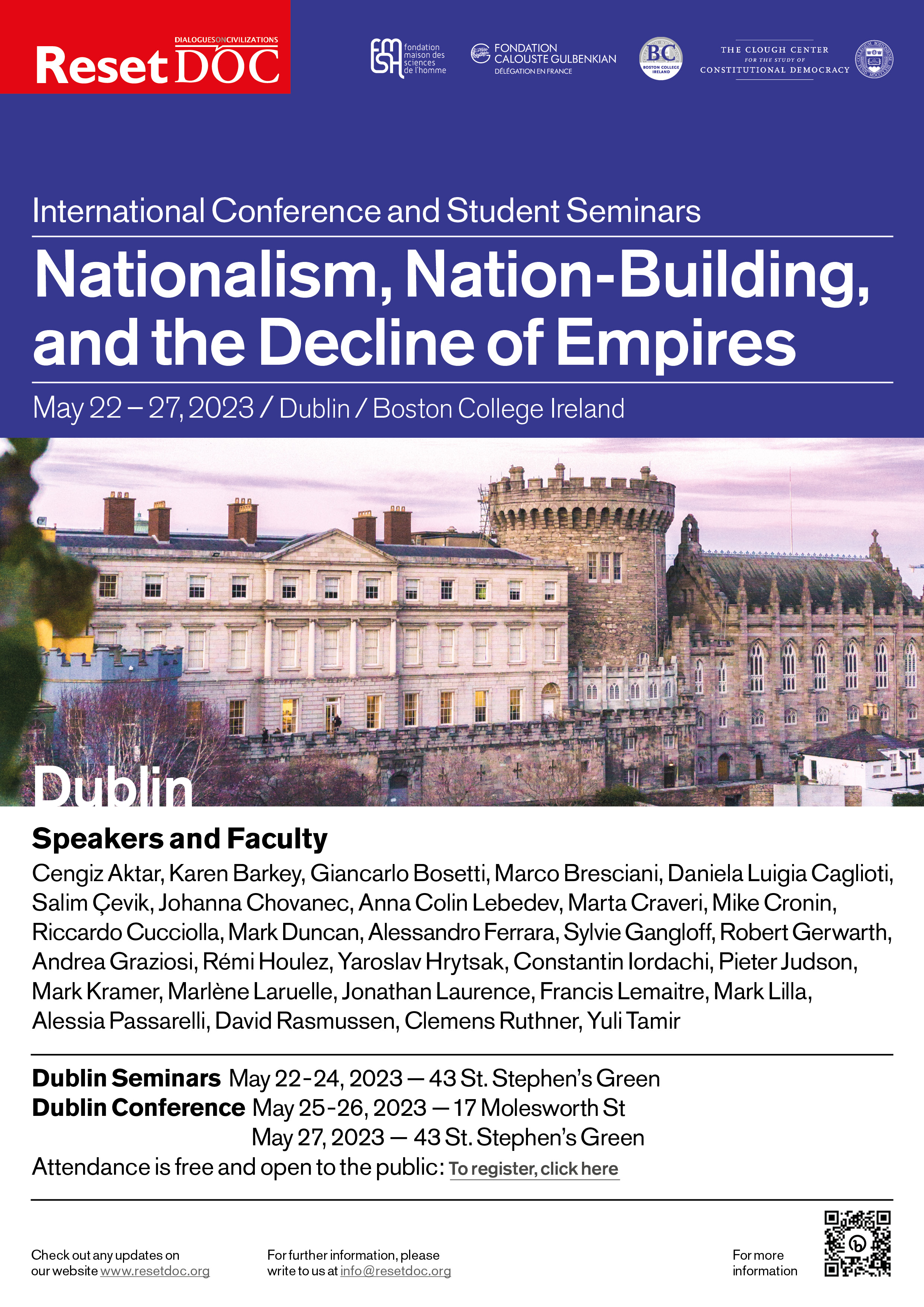Editorial board in collaboration with AI 17 April 2025
A galaxy of intellectuals, theorists, entrepreneurs, and cultural agitators is rewriting the language of the American right. In place of old conservatism, a new vision is taking shape—anti-egalitarian, anti-liberal, and post-democratic—one that looks to both the feudal past and the digital future to imagine a new order: hierarchical, technical, algorithmic. At its center stands the enigmatic figure of Curtis Yarvin.




